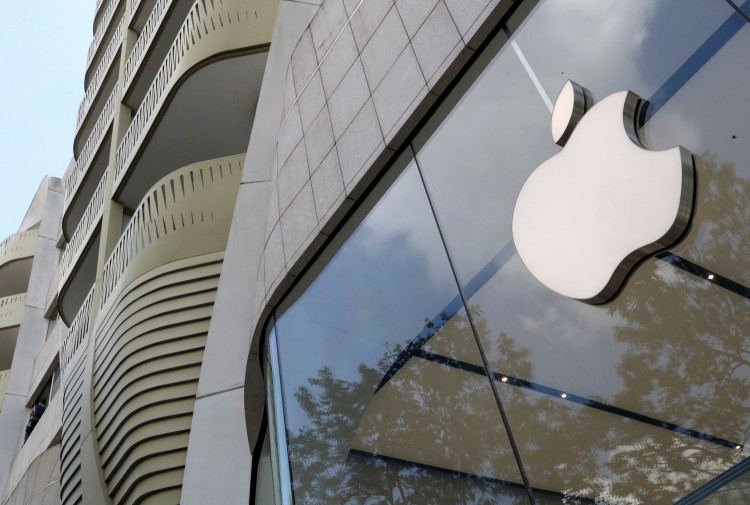Apple Inc. provided a detailed account of its fiscal first-quarter performance. While the tech giant exceeded Wall Street's expectations with earnings per share of $2.18 against the anticipated $2.10 and reported revenue of $119.58 billion surpassing the forecast of $117.91 billion, the announcement was marred by a significant 13% decline in sales in China.
This downturn in one of Apple's key markets, coupled with a cautious outlook suggesting potential softness in future iPhone sales, led to a more than 4% drop in Apple's shares in after-hours trading.
Apple's Chief Financial Officer Luca Maestri provided insights into the company's performance and future expectations. He mentioned, "We did feel good about the plus 6% (revenue growth) for iPhone," highlighting the resilience of iPhone sales amidst a challenging market landscape.
However, he also acknowledged the potential revenue plateau, noting, "Apple expected iPhone sales in the March quarter would be similar to last year's $51.33 billion in revenue, after taking out $5 billion in sales attributed to outperformance a year ago as supply recovered from Covid shutdowns and caught up to demand."
The financial results revealed a break in the trend of consecutive quarterly revenue declines, with a 2% sales growth in the December quarter and a gross margin nearing 46%. Apple's net income saw a significant increase, rising 13% from the previous year to $33.92 billion, thanks in part to robust iPhone sales, particularly of the iPhone 15 models launched in September.
Yet, the 13% drop in sales in Greater China, which includes mainland China, Hong Kong, and Taiwan, raised concerns about Apple's ability to sustain growth in its third-largest market. CEO Tim Cook attempted to assuage these concerns by contextualizing the decline, stating, "If you look at the 13 and then you do a double click to look at Mainland China and look at constant currency, the dollar is very strong versus the RMB. And so that -13 goes to a mid-single digit number."
Despite the mixed signals from the earnings report, Apple's services segment, encompassing Apple Music, the App Store, and other subscriptions, continued to show promise with an 11% growth to $23.11 billion in revenue. Cook highlighted the significance of this growth, emphasizing, "The iPhone is doing well in those markets."
Looking forward, Apple's projections for the current quarter suggest a cautious yet strategic approach. Maestri indicated that the company anticipates revenue and iPhone sales for the March-ending quarter to be in line with the previous year's figures, after accounting for a $5 billion anomaly from last year. This outlook underscores the challenges Apple faces, particularly in the Chinese market, and its efforts to navigate through them while continuing to invest in innovation and its expanding services segment.






